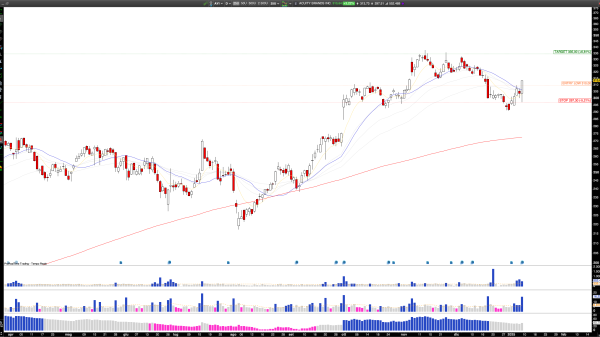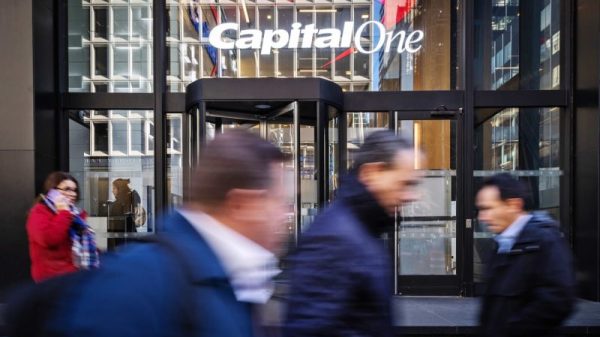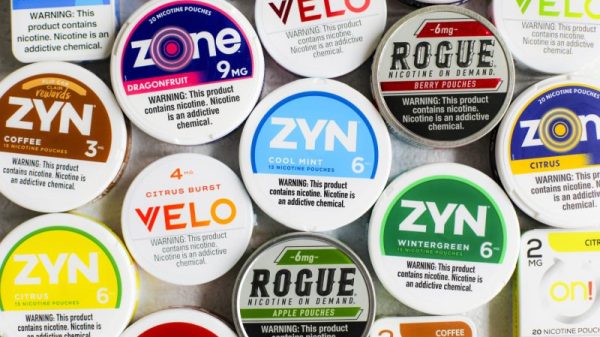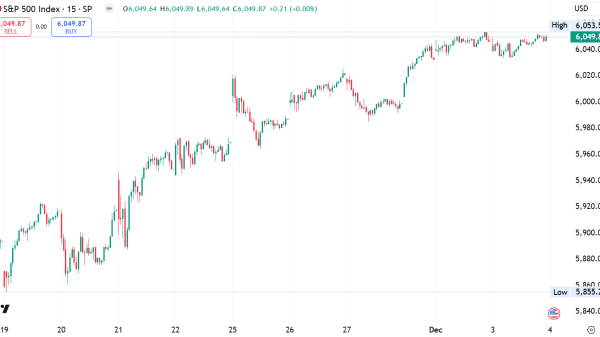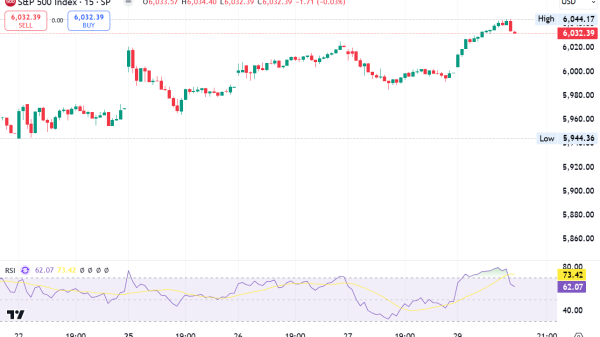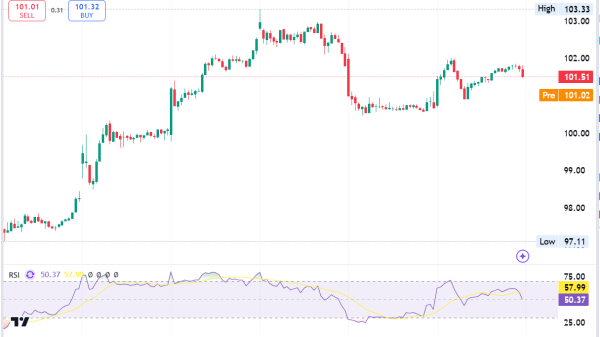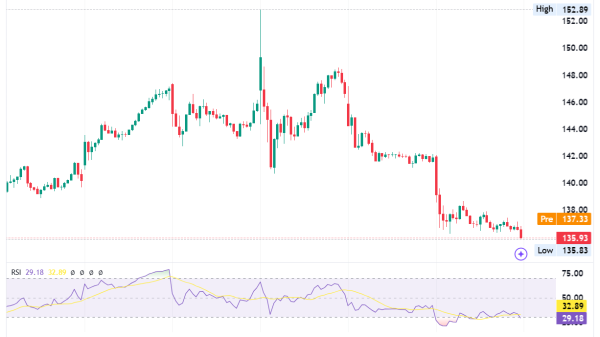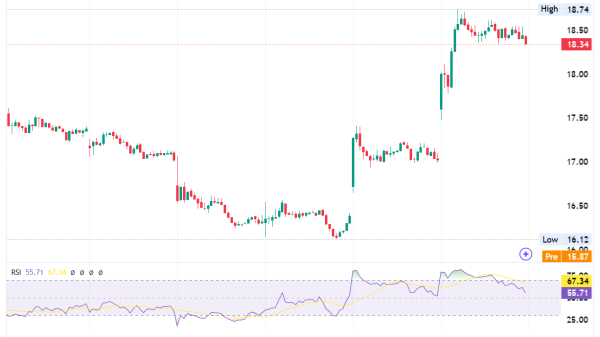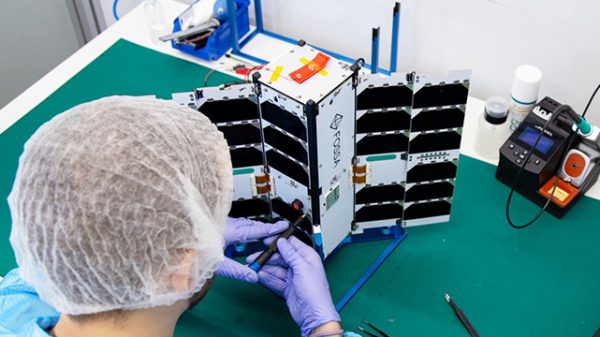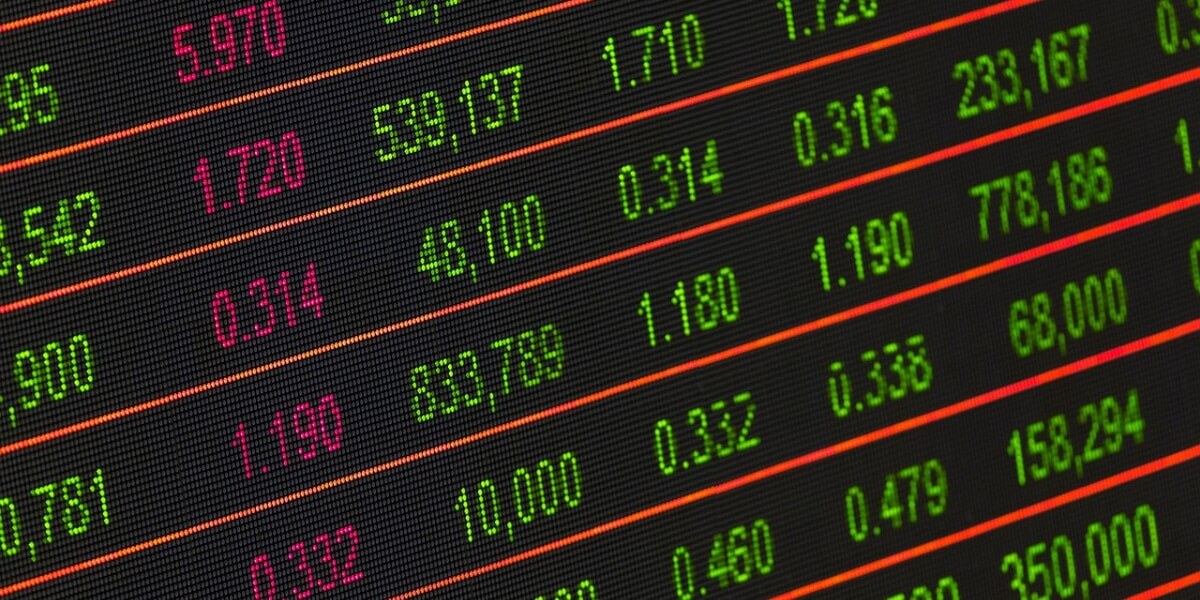How to Trade Like a Pro with CFDs
CFDs, or contracts for difference, are financial instrument that allows you to speculate on the price of an asset without actually owning the asset. When you buy a CFD, you agree to exchange the difference between the current price of the asset and the price of the asset at the time you close your position.
The benefits of trading CFDs
There are a number of benefits to trading CFDs, including:
Instruments: CFDs are available on a wide range of assets, depending on your broker. Some brokers allow you to trade CFDs on gold, silver, oil, stocks, global indices, commodities, currencies, and even crypto-currencies from a single platform. This makes contracts for difference a powerful tool for investors looking to diversify their portfolios across a wide range of markets.
Leverage: CFDs are leveraged products, which means that you can open a large position with a small amount of capital by borrowing the difference between your deposit and your position’s size from your broker. This makes CFDs an attractive proposition for investors who only want to put a small amount of money at risk.
Market neutral: CFDs allow you to profit in a rising or a falling market as long as the market moves in your favor. For example, you could short a CFD on the Nasdaq today if you expect Tech stocks to fall in price, with a view to close your position. Alternatively, you could open a long today if you expected share prices to rise. Trading is risky as market prices can change in unpredictable ways. Look to implement careful risk management techniques to preserve your capital.
Trading hours: CFDs can be traded 24 hours a day, 5 days a week across most asset classes, and 7 days a week in the case of crypto-currencies. This makes it possible to trade at a time that suits you, although you’ll ultimately be bound by trading session times.
Low to zero commissions: most CFD brokers charge low commissions or no commissions at all. This will help you keep your trading fees lower than they otherwise would be. Instead, CFD brokers make money through the difference between each instrument’s buying and selling prices, also known as the bid-ask spread. When the bid-ask spread is zero, and you trade on raw pips, you can expect to pay a small commission instead.
The risks of trading CFDs
However, trading CFDs isn’t without risks. In fact, statistics show that between 60% and 80% of retail traders lose money when trading CFDs with most providers. Please pay particular attention to the following risks:
Leverage: CFDs are leveraged products. This means that your potential losses will be magnified as well as your profits because any change in your position’s value will be reflected immediately and in full in your equity. For example, if you buy an ounce of gold for $2,000 with a $500 deposit, a 10% fall in the price of gold from $2,000 to $1,900 will reduce your equity by 25% from $500 to $400. This is why it’s important to use little to no leverage until you’re an experienced trader. In addition, you should only trade CFDs with money that you can afford to lose.
Margin calls: If one of your CFD trades goes into the red, your broker may issue a margin call. This is a request from your broker for you to deposit more money into your account to cover your potential losses. If you’re unable to meet that call, your broker may close your position and crystallize your loss. The higher the leverage in your trading account, the more likely you are to face a margin call.
Complexity: CFDs are complex instruments. If you are new to trading, you’ll need to familiarize yourself with your trading platform, learn about risk management techniques and develop an understanding of fundamental and/or technical analysis. The latter will help you time your purchases, as well as set target entry and exit prices for your trades.
How to trade CFDs
To trade CFDs, you’ll first need to open an account with a CFD broker. If you’re unsure where to start, you could turn to a comparison service like TrustedBrokers.com to compare brokers. Take time to research your preferred broker carefully, and whenever possible, open an account with a broker regulated in an established jurisdiction. Doing so will help you stay clear of theft and fraud.
You may also need to provide proof of ID and proof of address. Proof of ID can come in the form of a driving license, passport, or national identity document. You may need to provide copies of the document’s back and front. Most brokers will accept utility bills as proof of address. If your document is drafted in a foreign language, you made need to have it translated into English, with a certified copy provided. Unfortunately, most brokers refuse mobile phone bills and bank statements.
Once your account has been verified, you’ll be in a position to fund your account. If you’re in a hurry to trade, use a debit card or a credit card rather than a wire transfer. Bank transfers can be expensive and usually take days to clear. Only then will you be in a position to trade, long or short, any instrument of your choosing?
When you close your position, you’ll earn the difference between the current price of the asset and the price of the asset at the time you opened your position. If the price of the asset has gone up, you will make a profit. If the price of the asset has gone down, you will make a loss.
Conclusion
CFDs are a versatile and powerful tool that can be used to trade a wide range of financial instruments. However, it’s important to remember that CFDs are leveraged products with the potential to magnify your losses as well as your profits. This is why you should only trade CFDs with money that you can genuinely afford to lose. Use financial leverage with caution and never get into debt, or use a credit card, to fund your trading activity.
The post How to Trade Like a Pro with CFDs appeared first on FinanceBrokerage.





